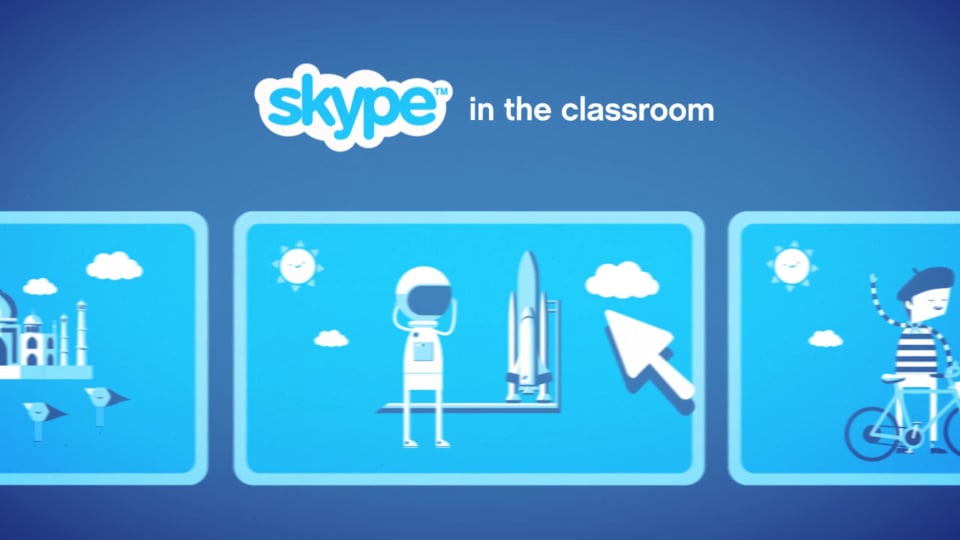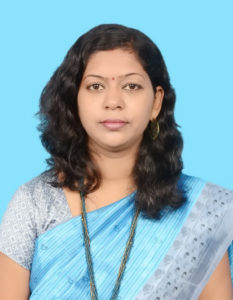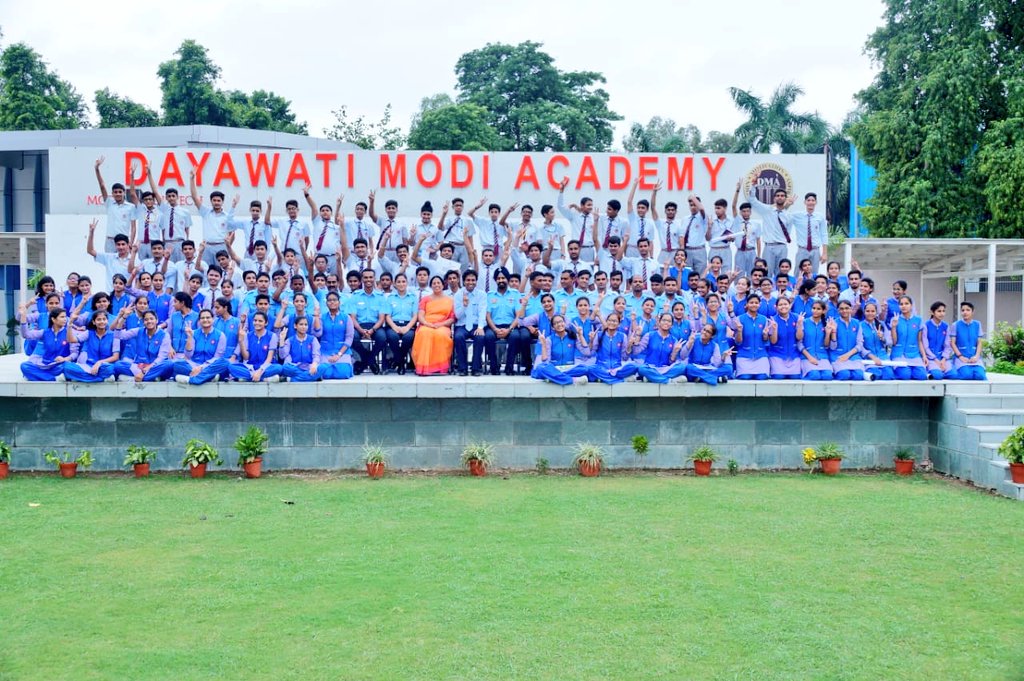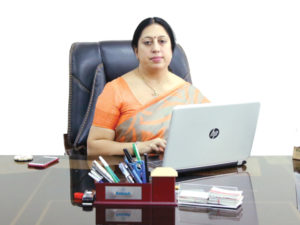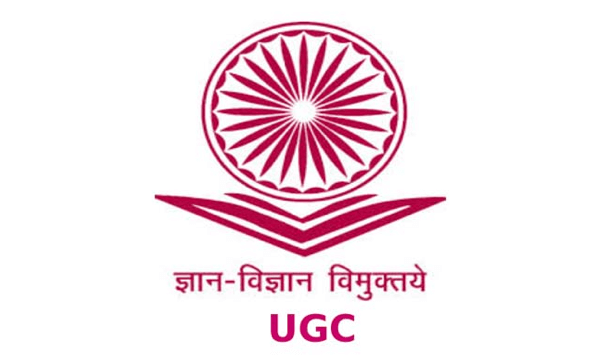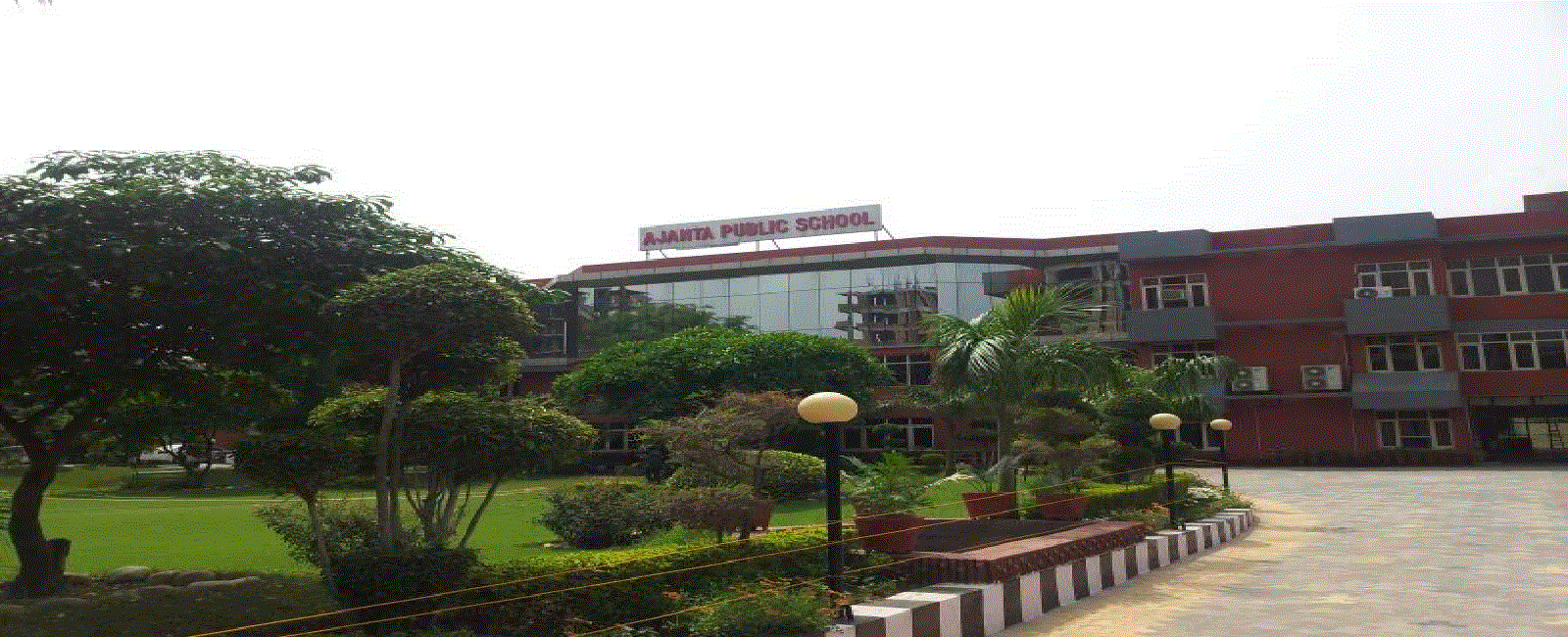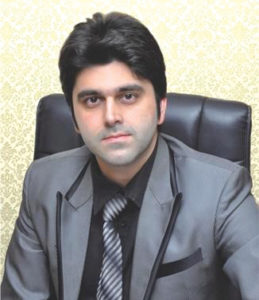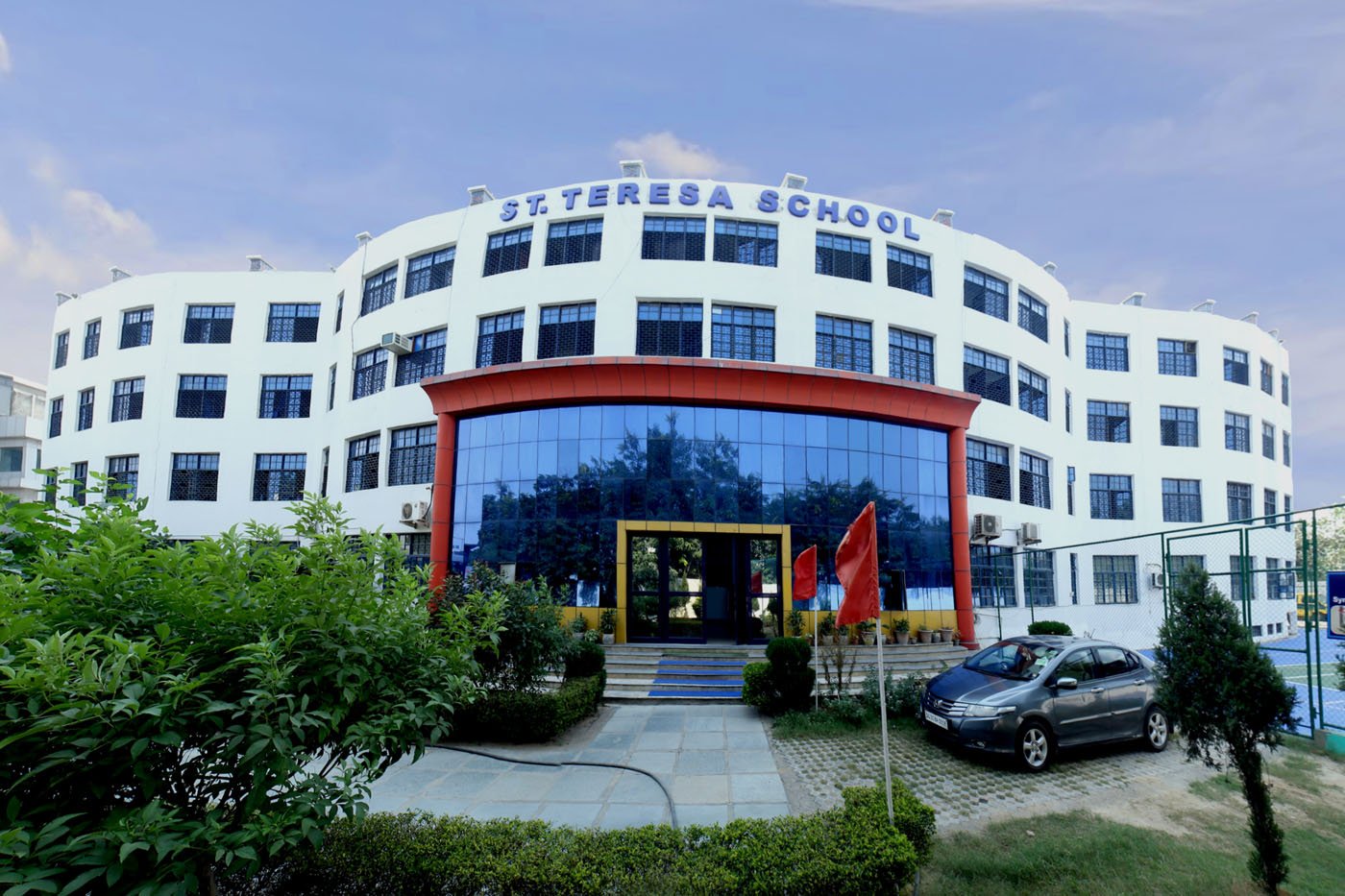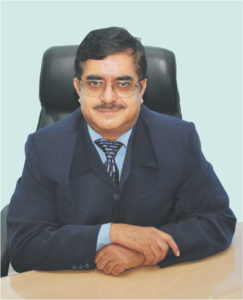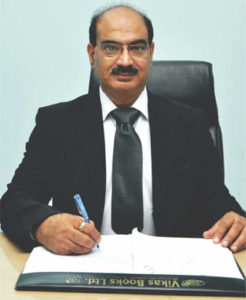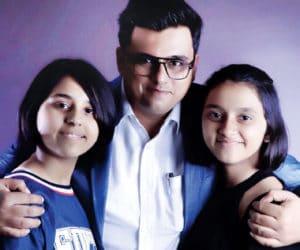Massive Open Online Courses, or MOOCs, are online courses that allow participants free access and unrestricted participation to any course of their choice. What is the scope of MOOCs in context of rapidly evolving education sector, observes Umesh Chandra Pandey, Regional Director, Regional Evaluation Centre, Indira Gandhi National Open University, Bhopal, Madhya Pradesh, for Elets News Network (ENN).
Education is all about sharing the knowledge. The limitation of human capacities to share the knowledge had perpetuated the socioeconomic inequalities. However the Internet, one of the greatest discoveries of 20th century has completely revolutionised the human capacity to share, duplicate and transmit the knowledge over long distance thereby making, Education truly a global phenomenon. It has paradigmatically changed the educational scenario across the world, integrated the educational systems, facilitated networking and most importantly made it open for public scrutiny thereby bringing a concern for quality. Use of Internet in Education is no longer a matter of choice for us. It is a compulsion of the age we are living in.
The MOOCs Paradigm

The emergence of internet technologies has given rise to most spectacular possibility of global classrooms, which was perhaps unbelievable few decades ago. The expertise of best teacher of the world is not confined to the four walls of his class rooms but is available to the students spread across the world. Internet can link the peer groups and the teachers through flexible and innovative learning environment which gives control of learning entirely in the hands of learners at their own pace and place. Massive Open Online Courses (MOOCs) are the outcome of such web applications.
MOOCs are not merely the video or audio presentations offered through web based platforms. They are well structured programmes making use of deep intricacies of theories of learning, and well researched technological designs. MOOCs are in fact the first technological intervention which was exclusively designed by educators and not like Radio or Television which were used for education purposes incidentally.
E-Learning courses were already prevalent in education ecosystem of the world. However, there is a conceptual difference between an e-Learning course and the MOOC. E-Learning courses primarily operate in a closed, structured, evaluation oriented and limited group of participants whereas MOOCs are purposely designed for effective dissemination of knowledge with relevant focus on evaluation systems and large group of participants. Such differences have attracted altogether different kinds of aspirants of knowledge for MOOCs.
The interest in MOOCs began to rise in 2012 as this paradigmatically new concept was perceived capable of radically transforming the educational systems. The initial motivation for MOOCs grew to make the expertise of good quality teachers available for a wider segment of student community who could not manage to come to classroom settings. Gradually it opened up possibilities before the “Centers of Excellences” to transcend the geographical boundaries and showcase the expertise of the University to wider international communities. They perceived it as an opportunity to attract more international students. Unbelievably low cost made it a lucrative option for prospective learners from developing world where the infrastructure and expertise is limited.
However, the low cost of these programmes also attracted the highly unmotivated students which resulted in unbelievably high drop out. Several studies have highlighted specifying the role of MOOCs in view of its high dropout rates especially from developing countries. However, despite their criticism for low completion rates, MOOCs have developed widespread acceptance as a source of high quality content, user-friendly learning experience and unlimited possibilities for mentor-learner and learner-learner interactions.
The paradigm of MOOCs has stimulated extensive media attention across the world with the Economist Magazine (in an Editorial dated 28th June, 2014) attributing MOOCs as a key driver of changes occurring in Higher Education. Wall street journal refers it as a practical medium for rapid diffusion of important skills and information. Clayton Christensen, a professor from Harvard Business School calls MOOCs a potent “disruptive technology” that will kill off many inefficient universities. The response has been unprecedented from students of formal and non formal systems alike. The reasons for such an excitement about this new paradigm in teaching learning are different for different stakeholders.
The students gain access to quality learning resources any time anywhere; the teachers find new opportunities enhance the reach at global scale and the administrators can enhance “Skill, Speed and Scale” and showcase the quality of faculty at a very low cost. The response for MOOCs from these countries has been overwhelming which has attracted policy level sensitization to promote this paradigm. The MOOCs offer exciting opportunities for educational planners of developing countries where the resources are limited, the target groups cannot afford to participate in costly systems of conventional higher education and requirements have to be immediately addressed. However extremely poor completion rates seriously questions the viability of the MOOC paradigms in these countries.
The MOOCs storm has come up at a time when the Higher Education systems have been worst hit by spiraling infrastructural costs, interestingly referred as “cost disease” by William Bowen, a former president of Princeton University. Whereas MOOCs can dynamically change the curriculum and delivery without much of the cost implications, the conventional face to face systems largely rely on public funding or students’ fee to make such changes. In such an environment MOOCs are presenting a great threat to conventional systems thereby putting the traditional Universities in to defensive.
Emerging New Possibilities
The true internationalization of the Indian Higher Education demands it to be globally competitive. The Higher Education Institutions and its faculty need to be showcased to western world which will help them to attract international students. Development of MOOCs by Indian Educational Institutions will help them to develop such MOOCs in Indian systems of knowledge like Yogic practices, Eastern Philosophy, Tribal Arts and Ways of Life. Such programmes if offered through MOOCs can attract a sizeable number of international students by Indian Universities. Moreover the MOOCs can be developed in Indian languages and dialects which can enhance the reach of the educational programmes up to those nook and corners which are largely untouched by the education.
The Open Educational Resources (OERs) can give valuable opportunities to Indian Educational Institutions to develop OER based MOOCs. It will save expenditures on development of content. The training of the Governmental functionaries, Village Panchayat functionaries etc are other areas of concerns which can be effectively responded through MOOCs. The educational issues are largely the same in all the developing countries and these countries can share expertise and resources to develop MOOCs. Furthermore it can become an instrument of Regional Cooperation in these countries.
The policies in developing countries need to suitably sensitised for these issues. In an interesting study” Making Sense of MOOCs: A guide for Policy Makers for Developing Countries” brought out by Common wealth of Learning, Canada has given an elaborate account of policy issues and interesting areas in which MOOC s can make developmental interventions in developing world.
The unlimited participation in such Massive web enabled academic programmess has completely revolutionized the educational scenario across the world. However, it has given rise to new opportunities to showcase the traditional systems of knowledge in India. It will not only glorify Indian systems of knowledge but will also promote international tourist traffic in our country. Such opportunities are yet to be fully utilized.
Government of India has been quick to respond to this opportunity and launched SWAYAM (https://swayam.gov.in/) as a platform to host Massive Open Online Course (MOOC). Despite its tremendous potential and popularity the SWAYAM platform is yet to get the desired response from Indian Academic community. However, the recent initiative of the Government to blend the MOOCs with conventional Universities is a welcome effort. It will not only help the conventional universities to combat the problem of faculty shortage but will expose the students to global standards of education. SWAYAM platform should be utilized for connecting students from conventional Universities with online educational opportunities.
The conventional systems have to effectively converge with MOOC phenomenon and gear up the systems and processes well in time. Though the recent move of government of India to promote MOOC platform calls SWAYAM is well conceived .However we need to remind ourselves that to enhance the global outreach of the Indian MOOCs the quality has to match the global players in this field. The policy level sensitisation for greater allocation of funds to develop technological infrastructure in the country will be a basic prerequisite for this.
MOOCs can be an instrument of for socioeconomic transformation in developing countries provided technological infrastructure in colleges and universities is improved; Mobile phone revolution is leveraged and such programmes are developed in technical and professional fields. It will ease the pressure on existing infrastructure of higher education.
MOOCs can connect the Indian students with global communities and will help them to gauge their competence as per international yardsticks. However, there are other hurdles like low internet speed, poor technical infrastructure, Cost for content generation, absence of evaluation mechanisms, and cultural hurdles which restrict access to these courses. These problems, if suitably taken care of can make MOOCs a reliable driver of change in India and other developing countries. However the greatest opportunity is large proportion of population in the young age bracket which is most tech savvy.
digitalLEARNING, is an initiative of Elets Techomedia Pvt Ltd existing since 2003.










